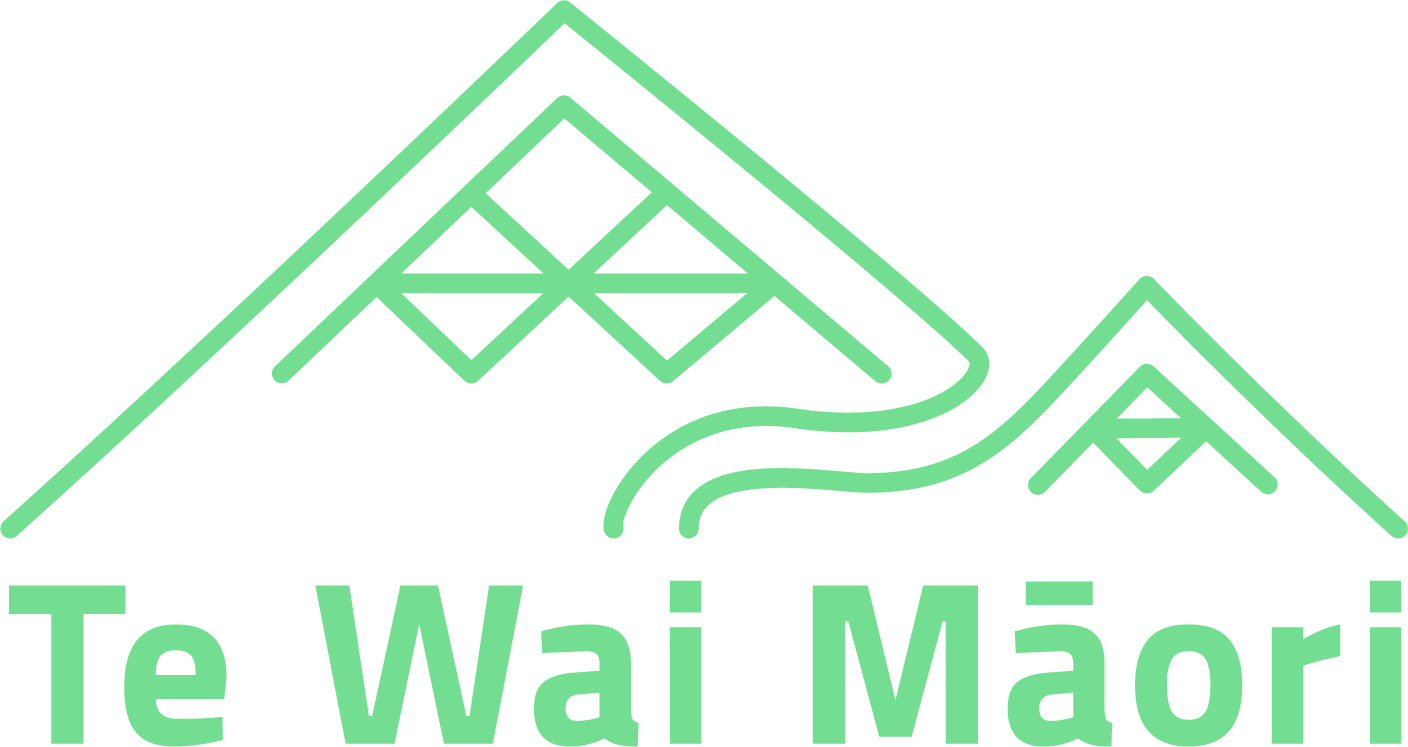Ben Potaka
Enhancing tuna through an indigenous worldview that prioritises the aspirations of the environment and our eels
Enhancing tuna through an indigenous worldview that prioritises the aspirations of the environment and our eels
Tuna are an important taonga to Māori, revered for hundreds of years as a source of food, figure of legend, and caretaker of the waterways. But historic takes of the oldest, largest longfins have had an impact on the species, now classified as declining.
At a tuna conference in 2017, iwi and hapū made it clear that they had serious concerns about the plight of the longfin tuna and signalled to Te Wai Māori Trust, Te Ohu Kaimoana, and central and local government that immediate action was required. In response, Te Wai Māori Trust established Te Mana o Ngā Tuna to act as both a partner and advisory group, to be the voice for tuna.
Whanganui tuna expert Ben Potaka is the Chairperson for Te Mana o Ngā Tuna shares the extraordinary life cycle, endurance, and navigation of longfin tuna, who travel from the ocean to the headwaters of Aotearoa’s rivers.
The biology, life cycle and habitat preferences of longfin tuna have made them especially vulnerable to change. Longfin tuna can grow to 1.5 metres long and weigh more than 20kg; the largest – always females, and often over 100 years old – can reach 50kg, making them the biggest and oldest eels in the world. They are endemic to Aotearoa and are only found in our rivers and lakes. Longfin tuna will travel about 4,000km to the deep-sea trenches from which they emerged to spawn and then die.
Ben says his success will be measured in 50 years’ time – by whether Whanganui still has tuna left to catch.
